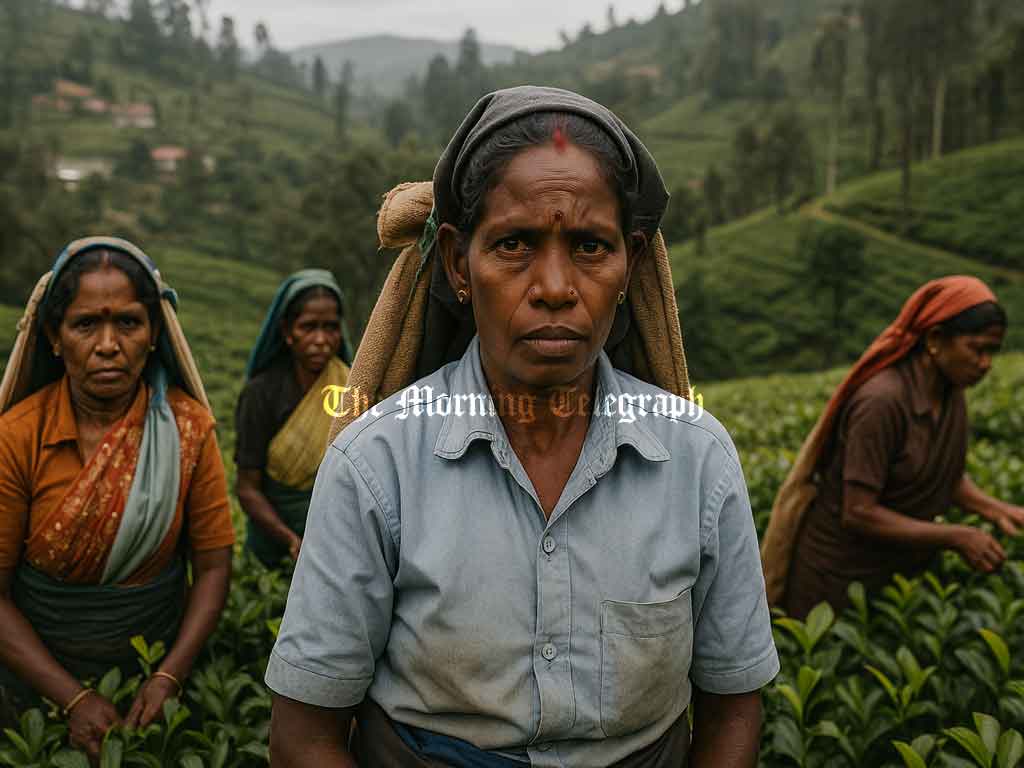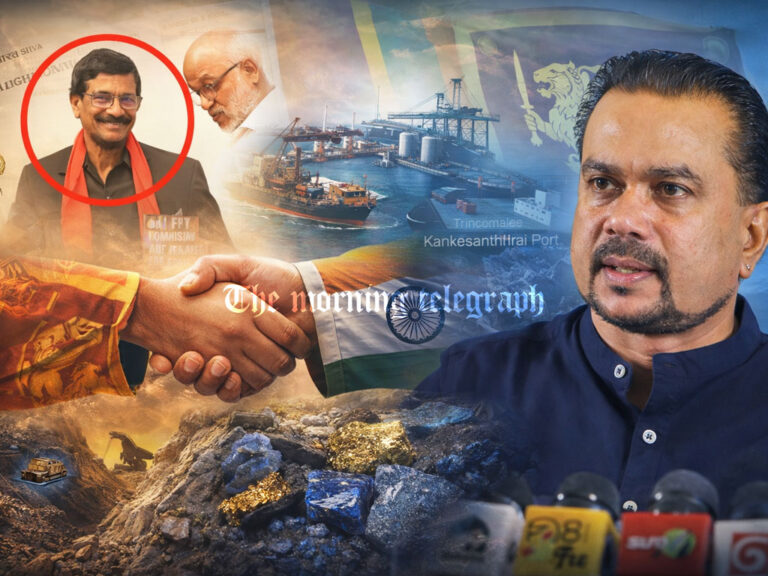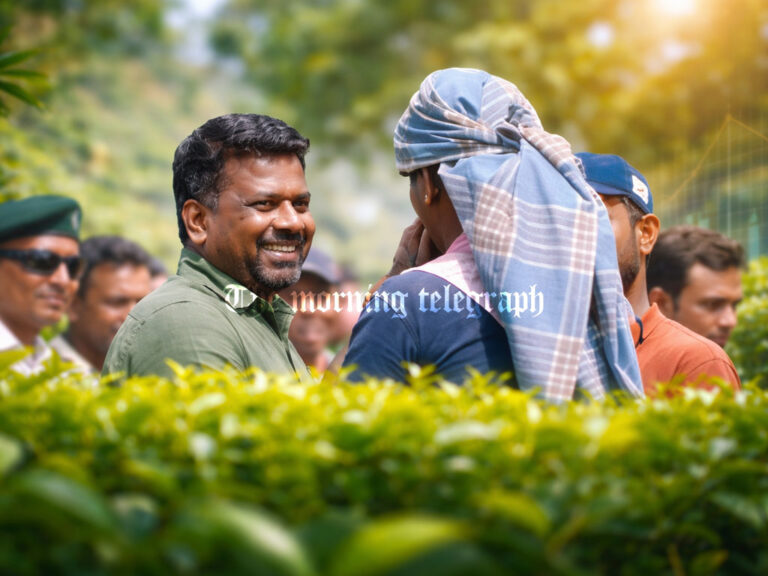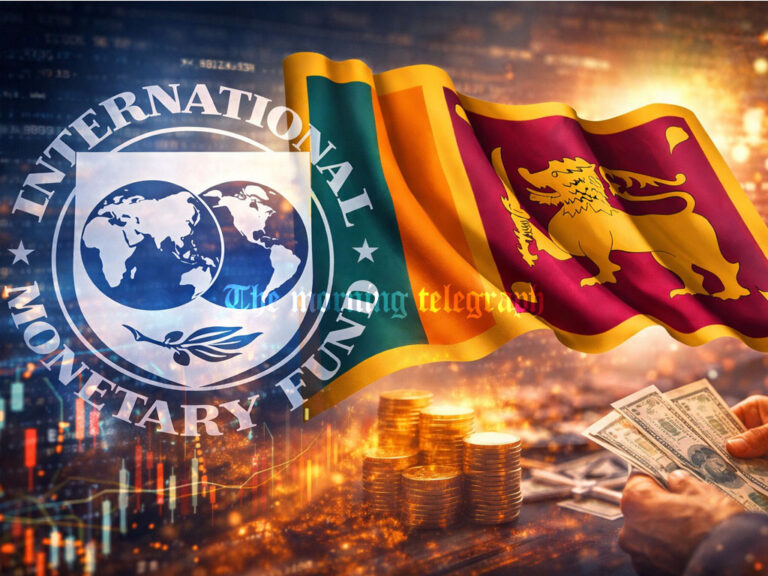
India has long played a prominent role in Sri Lankan politics due to its geographical proximity and historical influence. From ancient invasions to modern diplomatic interventions, India’s actions have significantly shaped Sri Lanka’s socio-political landscape. The Sri Lankan national movement itself drew inspiration from India’s freedom struggle. One of the most notable examples of India’s involvement was the Indo-Lanka Accord of 1987, which introduced the Provincial Council system to promote power-sharing in Sri Lanka. The accord was signed during the visit of then Indian Prime Minister Rajiv Gandhi, marking a significant moment in Indo-Sri Lankan relations.
However, such incidents have also fueled anti-India sentiment in Sri Lanka. The Janatha Vimukthi Peramuna (JVP), a key party in the National People’s Power coalition currently in Sri Lanka’s political mainstream, was among the vocal opponents of Indian interventionism during that period. Even today, many believe India continues to exert strategic pressure on Sri Lanka.
Two groups significantly affected by this pressure are the fishermen in the North, who face the ongoing issue of Indian maritime intrusions, and the Malaya Tamil community, descendants of South Indian laborers brought to work on Sri Lankan plantations more than two centuries ago.
The Never-Ending Indo-Sri Lankan Fishing Issue
Indian fishermen frequently cross into Sri Lankan waters, sometimes leading to reciprocal incidents involving Sri Lankan fishermen. When the Sri Lankan Navy arrests Indian fishermen, there is often backlash from Indian state governments, particularly Tamil Nadu.
In 2024, Indian fishermen even boycotted the annual temple festival on Katchatheevu Island, originally an Indian territory ceded to Sri Lanka in an agreement between Indira Gandhi and Sirimavo Bandaranaike. This protest followed the Sri Lankan Navy’s arrest of Indian fishermen.
In January, the Indian Ministry of External Affairs lodged a strong protest after the Sri Lankan Navy opened fire while attempting to arrest Indian fishermen near Kayts, Jaffna. The Acting Sri Lankan High Commissioner in New Delhi was summoned over the incident. Between January 1 and January 28, the Sri Lankan Navy arrested 65 Indian fishermen and seized seven trawlers. By the end of that period, 554 Indian fishermen and 72 trawlers had been detained.
Mohammed Alam, Secretary of the Northern Province Joint Fishermen’s Association and the Mannar District Fishermen’s Cooperative Association, stated that Indian fishermen continue to increase their presence in Sri Lankan waters, using illegal nets and gear that damage the marine ecosystem.
“Our fishermen’s livelihoods are suffering. Sometimes Indian fishermen attack ours in the middle of the sea,” said P. Selvarani, a Mannar resident whose husband is a fisherman. “Our entire family depends on his income. The children’s education and household expenses are all linked to fishing.”
Alam believes the issue cannot be resolved by arrests alone. He calls for direct intervention from the leaders of both nations and dialogue between the fishermen’s associations. Although initial discussions were held in Delhi in 2016 with participation from both governments and fishermen’s associations, no follow-up meetings have taken place.
“With Prime Minister Modi expected to visit Sri Lanka soon, we urge the Sri Lankan government to raise this issue and ensure it is addressed,” Alam added. Selvarani agreed, saying the government must prioritize the safety of fishermen, including her husband.
India and the Malaya Tamil Community
The Malaya Tamil community, originally brought to Sri Lanka by the British colonial government to work on plantations, has endured poor living conditions for over 200 years. These laborers, who traveled from South India to Sri Lanka and walked more than 150 miles to reach the central hills, were given minimal wages and lacked basic amenities.
Even when universal suffrage was introduced in Sri Lanka in 1931, these workers were denied citizenship and voting rights. Over time, India and Sri Lanka engaged in negotiations to address the issue. The Sirima-Shastri Agreement of 1967 aimed to repatriate 600,000 Indian-origin workers. Of these, 343,985 ultimately received Sri Lankan citizenship.
India has also provided aid to improve living conditions for Malaya Tamils. In 2012, the Indian government helped build 49,000 houses in the Northern, Eastern, and Central provinces—making it the second-largest foreign aid contribution to Sri Lanka after the UK’s support for the Victoria Dam.
Father Satyavel, a human rights activist, acknowledged India’s role in infrastructure development in plantation areas, including housing. However, he emphasized that the community still lacks land ownership.
“These people sacrificed their lives to build the estates. They were born here, and many are buried here. Yet even after 200 years, they still don’t own the land they live on,” he said. “We need a clear policy from the Sri Lankan government on land ownership for the hill people, and we hope Prime Minister Modi will push for such a policy.”
Reassessing Indian Aid
Yogeshwari, General Secretary of the Working Women’s Front, said that while India has provided aid for housing, education, and nutrition, it’s important to assess whether these efforts have achieved their goals.
“Most plantation workers are women, and they’re not receiving what they need. The cost of living is high, and prices keep rising. These women feel the burden more than anyone,” she said.
She urged that future agreements between the two countries include considerations such as minimum wage and labor rights. “Some plantations still don’t pay proper salaries. These issues should be addressed in bilateral discussions,” she added.
Disillusionment with Modi’s Visit
Anthony Jesudasan, Executive Director of the Voice of the Plantations, expressed skepticism about the impact of Modi’s upcoming visit. “Modi has visited before. The Malaya Tamil people don’t expect much from this visit,” he said.
He pointed out that during a 2023 visit by the Indian Finance Minister, a pledge was made to build 10,000 houses for the Malaya Tamil community, but no tangible progress has been observed.
“Whenever they come, they ignore our issues. They don’t even visit these areas. Last December, we submitted a petition highlighting our problems to various embassies. Most acknowledged it, but the Indian High Commission sent a security guard to accept it and didn’t allow us to speak.”
Jesudasan believes that local plantation politicians may try to use Modi’s visit to boost their political image but doubts that any meaningful action will result.
“They may try to make it look like they’re solving our problems with India’s help, but without real government support, it won’t make a difference. Whatever shows they put on, the people know the reality.”




